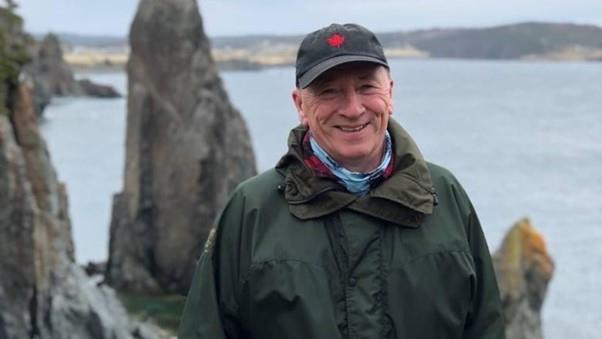
In the wake of COP26 in November last year, the need for a skilled and well-trained workforce to deliver the transition to renewable energy has been recognised globally.
Bridging the skills gap is imperative if Scotland is to reach net zero by 2045. As the original renewable energy organisation, Aberdeen Renewable Energy Group (AREG) has been committed to securing a wider range of training and reskilling opportunities in the energy sector.
Nowhere has this been felt more keenly than in Aberdeen, which has traditionally been the home of the UK’s energy industry. Yet despite Scotland’s climate commitments made at COP26, there are still gaps in the skills needed for renewable energy.
AREG has always promoted a just transition for the industry, and adequate training and skills are an essential part of this journey. In 2016, Aberdeen already offered over 80 renewable energy training resources, and the city is an internationally-recognised centre of excellence when it comes to training for the energy industry, so bridging the skills gap presents a huge opportunity for the North-east.
Two elements will be key to making sure we are successful in preparing our workforce for the energy transition.
The first element is cooperation. We need to step up the level of cooperation and coordination between industry stakeholders if we are to adequately assess what demand there is for certain skills and then address the demand with a supply of well-trained people.
The second is education. By this I am not just referring to traditional education found in colleges and universities, I am talking about a wider education of the general public about what it means to live in a net zero society. In much the same way that families across the north-east will know what the price of oil means in real terms, this will allow for a better understanding of what is needed when it comes to filling the projected 50,000 jobs required for grid maintenance, in addition to carbon storage or understanding what type of renewable energy can replace traditional sources depending on geography.
But the good news is that work is already underway to bridge the gap between supply and demand in Aberdeen.
OPITO, a global leader in energy skills development and a member of AREG, is already hard at work addressing the transferability of skills from oil and gas to renewables through a programme of renewable energy courses introduced in 2020.
Both Robert Gordon University and the University of Aberdeen have expanded their range of courses to include energy skills for the transition. The latter has established its Centre for Energy Transition to address gaps in research and skills, while RGU has launched its Energy Transition Institute to explore the new opportunities and challenges presented by the energy transition.
Alongside these concrete signs of progress in the skills transition, there are also exciting discussions happening in terms of new mechanisms to accommodate the more nimble, flexible workforce that will be required to achieve net zero.
Some of these will be explored in AREG’s Energy Transition Skills webinar on Tuesday March 8, when I will be joined by Andy Williamson, head of energy transition at OPITO, Professor Paul de Leeuw, director of the RGU Energy Transition Institute, and other energy skills leaders.
If you would like to know more about AREG’s activities around the energy transition, please visit https://www.aberdeenrenewables.com/ or email info@aberdeenrenewables.com.
Gordon McIntosh is the director of Aberdeen Renewable Energy Group (AREG) and Aberdeen International Associates’ chairman & director.
Recommended for you
